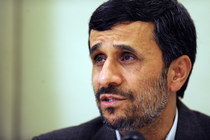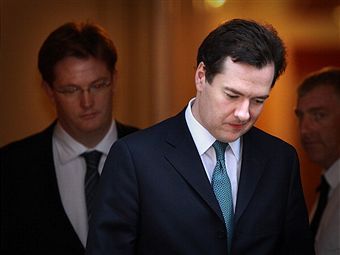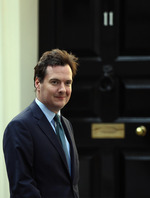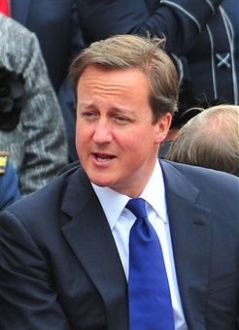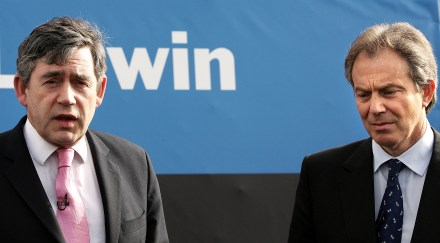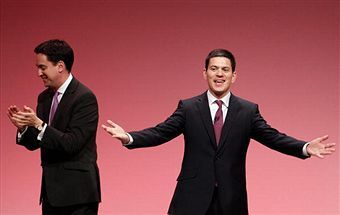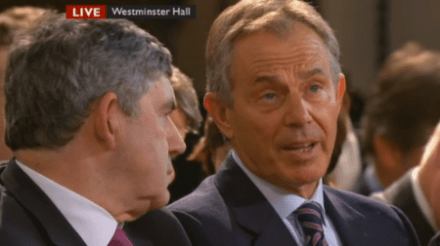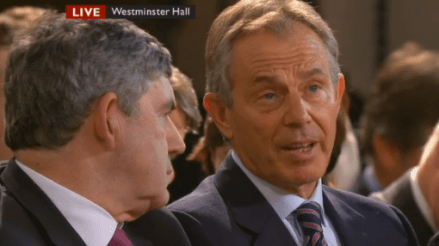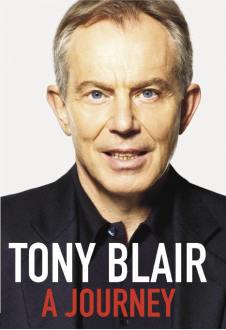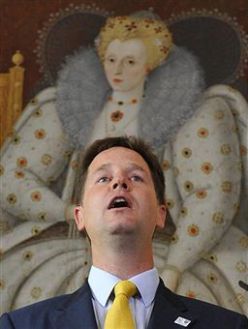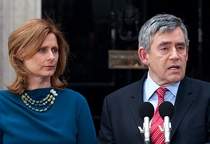Confusion reigns | 24 October 2010
A hoary old foreign correspondent once advised me on how to report on a new country when parachuted in during a crisis. I was about to be sent to Russia to cover the rouble collapse, when it looked like the whole country was about to implode. I was more than a little nervous. “When you write your first piece you will be completely disoriented, so just write that confusion reigns. No one will know any better,” he said. It feels a bit like that with UK politics at the moment. What are we to make of the latest polls that show the majority of the population backing the Coalition’s cuts and yet Labour


